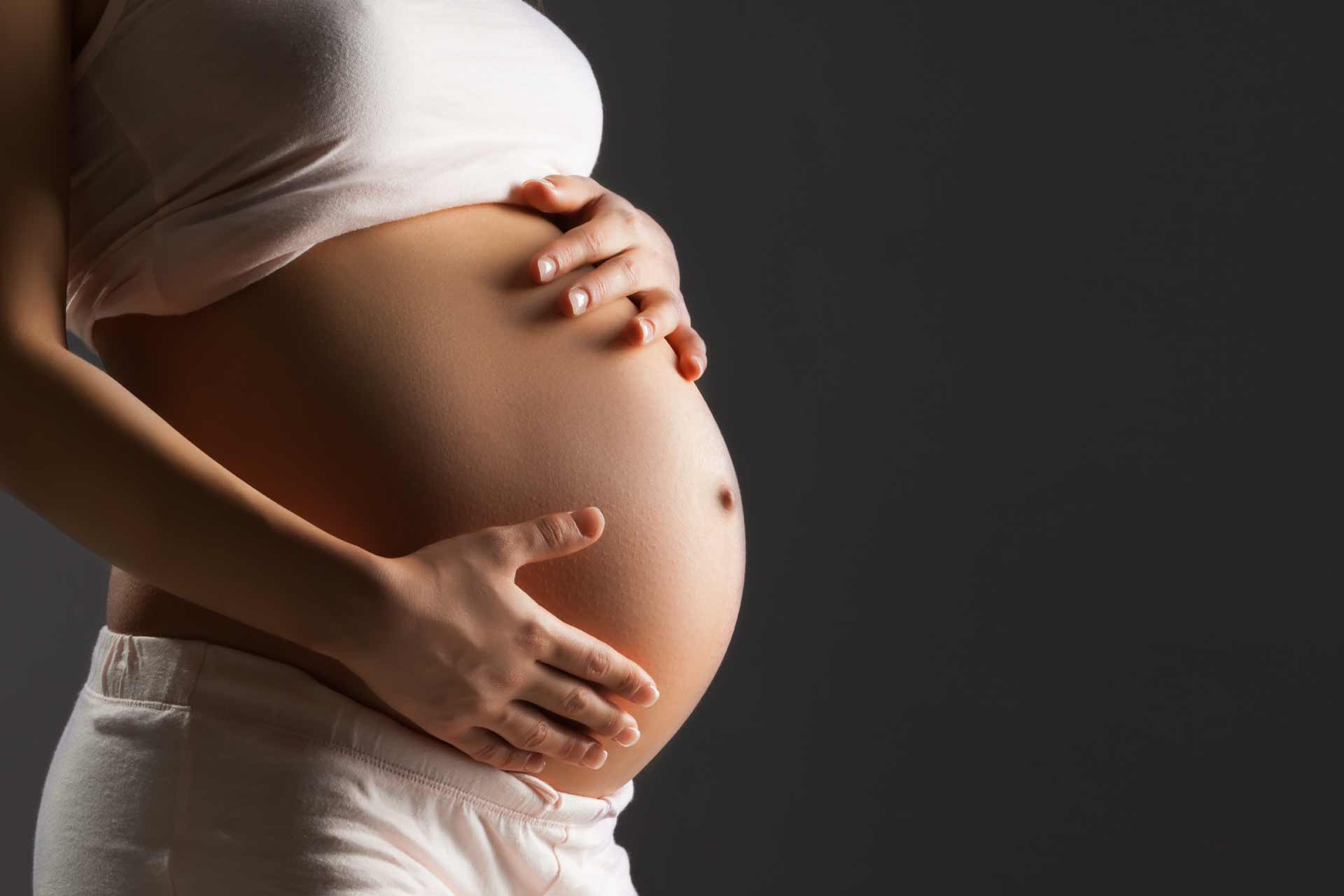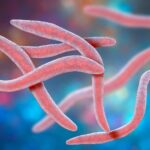What is already known on this topic
People with autism often have abnormally regulated immune responses and experience gastrointestinal inflammation. However, the mechanisms leading to these symptoms remain unclear.
What this research adds
Working in mice, researchers have found that the offspring of mice exposed to infections exhibited autism-like traits and gut inflammation later in life. Infections during pregnancy triggered the mothers’ immune systems to produce high levels of the molecule Interleukin-17a (IL-17a). In these pups, specific immune cells were also more likely to differentiate into cells that release IL-17a. This ‘immune priming’ was also observed in the offspring of germ-free mothers that received gut bacteria from pregnant mice with increased IL-17A responses.
Conclusions
The study offers insights into why children exposed to infections in the womb might be at increased risk for neurodevelopmental conditions and inflammatory disorders.
People with autism often have abnormally regulated immune responses and experience gastrointestinal inflammation, but the mechanisms leading to these symptoms remain unclear. Now, research done in mice suggests that when a mother experiences an infection during pregnancy, high levels of specific immune molecules can alter her microbiota in ways that prime her pups’ immune system for inflammation.
The study, published in Immunity, offers insights into why children exposed to infections in the womb might be at increased risk for neurodevelopmental conditions and inflammatory disorders.
Autistic people experience immune and gastrointestinal problems associated with signs of inflammation, including intestinal inflammatory conditions and an elevated production of inflammatory molecules. However, the link between autism and these inflammatory phenotypes are largely unknown.
To address this question, a team of researchers led by Gloria Choi at the Massachusetts Institute of Technology and Jun Huh at Harvard Medical School investigated the long-term immunological effects of a mother’s infections during pregnancy on her offspring.
Gut inflammation
The researchers injected pregnant mice with a compound that mimics a viral infection. As expected, the offspring of these mice, but not that of control mothers, exhibited autism-like traits and gut inflammation when exposed to infections later in life.
Tests that measured the mice’s intestinal inflammation showed that mothers’ immune cells produced high levels of the molecule Interleukin-17a (IL-17a).
Pups born to mothers injected with the viral mimic and reared by control moms showed autism-like traits but not intestinal inflammation, whereas those born to control moms and reared by mothers that experienced the mock infection did not show autism-like traits, but did experience gut inflammation.
Immune priming
Further experiments showed that the offspring of mothers that experienced the mock infection produced high levels of IL-17a. That’s because in these pups, specific immune cells were more likely to differentiate into cells that release IL-17a. This ‘immune priming’ was also observed in the offspring of germ-free mothers that received gut bacteria from pregnant mice with increased IL-17a responses.
However, when the team blocked the production of IL-17a in mothers before immune activation, the pups did not show intestinal inflammation later in life. And when the microbiota of these mice was transferred into germ-free mothers, the researchers didn’t observe immune priming in the offspring.
The findings suggest that autistic people who experience inflammatory problems may have been exposed to inflammation in the maternal womb, the authors say. “Understanding the intricate interactions between the maternal gut and the offspring’s neurodevelopment and immune system development will help us to better cope with the long-lasting effects of viral infections during pregnancy, including those of the current COVID-19 pandemic,” they add.











